|
Georgia Audubon was recently awarded a grant from National Fish & Wildlife Foundation’s Five Star and Urban Waters Restoration Program to restore 10 acres of habitat to protect the South River Watershed for the benefit of birds, pollinators, and other wildlife. The project site is located within the Lyon Farm area of the Arabia Mountain National Heritage Area, adjacent to the South River in southern DeKalb County.
As part of the restoration effort, Georgia Audubon will engage eight local partners and at least 50 volunteers to remove non-native vegetation from 10 acres of the South River Watershed and install 5,400 bird-friendly native plants and 40 pounds of seed to the area to provide high quality habitat for birds and other species. As part of the project scope, Georgia Audubon will engage local community members through volunteer projects, bird and wildlife monitoring, and public outreach and education programming. Georgia Audubon is joined by several partners to complete this work, including Arabia Mountain National Heritage Alliance, DeKalb County Watershed Management, Georgia Native Plant Society, Flat Rock Archives, South River Watershed Alliance, Panola Mountain State Park, and Rock Springs Restoration. “We are excited to have the support of the National Fish & Wildlife Foundation for this project in the South River Watershed, which is one of Georgia Audubon’s priority areas for engagement,” says Adam Betuel, Georgia Audubon’s director of conservation. “Lyon Farm is located along the South River, and our restoration work will directly benefit the riparian corridor that not only provides valuable habitat for birds and other wildlife, but it also acts as a buffer that protects and enhances the health of this important metro watershed.” As part of the project, Georgia Audubon’s habitat restoration team and volunteers will remove invasive plant species, including Bradford Pear (Pyrus calleryana), Chinese Privet (Ligustrum sinense), and Autumn Olive (Eleagnus umbellate), as well as non-native, invasive herbaceous plants such as Brazilian Verbena (Verbena brasiliensis), Johnson Grass (Sorghum halepense), and Beefsteak Plant (Perilla frutescens). After the invasive plants are cleared, Georgia Audubon will add native seeds, a diversity of wildflower plugs, and gallon-sized woody, native plants to the space to support and jumpstart the native regeneration of habitat. The project area is a 10-acre plot located in an area known as Lyon Farm, which stands today as a reminder of the area’s history and a glimpse into the agricultural lifestyle that once dominated the area. It also is key to the history of Flat Rock, one of the oldest African-American communities in Georgia. People were enslaved at the site prior to the Civil War. Enslaved people from the Lyon Farm site went on to help found the community of Flat Rock after the Civil War. Today, Flat Rock is one of the oldest African-American communities in Georgia. The formerly enslaved people from the Lyon Farm and other surrounding farms created a close-knit and resilient community following the Civil War, enabling themselves to flourish in the rural South. The project area is located in the South River watershed, which encompasses approximately 544 square miles. Approximately 40 percent of the watershed lies in the southern part of urban DeKalb County, which is located on the southeast edge of metro Atlanta. This restoration project will serve as a model of bird-friendly habitat that can be undertaken on other sites within the South River watershed, protecting South River-adjacent communities from flash flooding and other effects from climate change that are disproportionately impacting communities of color. This is the sixth award that Georgia Audubon has received from The Five Star and Urban Waters Restoration Program, which seeks to develop nation-wide community stewardship of local natural resources, preserving these resources for future generations and enhancing habitat for local wildlife. Grants seek to address water quality issues in priority watersheds, such as erosion due to unstable streambanks, pollution from stormwater runoff, and degraded shorelines caused by development. The Five Star and Urban Waters Restoration grant program is sponsored by the National Fish and Wildlife Foundation (NFWF) with major funding provided by U.S Environmental Protection Agency, U.S. Fish and Wildlife Service, U.S. Forest Service, Salesforce, FedEx, and Southern Company. About Georgia Audubon: Georgia Audubon is building places where birds and people thrive. We create bird-friendly communities through conservation, education, and community engagement. Learn more at www.GeorgiaAudubon.org. About the National Fish and Wildlife Foundation: Chartered by Congress in 1984, the National Fish and Wildlife Foundation (NFWF) protects and restores the nation’s fish, wildlife, plants and habitats. Working with federal, corporate, foundation and individual partners, NFWF has funded more than 6,000 organizations and generated a total conservation impact of $8.1 billion. NFWF is an equal opportunity provider. Learn more at nfwf.org.
0 Comments
by Dottie Head, Director of Communications
Georgia Audubon is poised to launch a new virtual education platform in September 2023 that will revolutionize and streamline the way the organization delivers content to members and program participants. The platform will be called the Morgens Environmental Education Gateway, in honor of the founding grant from Jim and Sally Morgens with the Morgens West Foundation. “The Morgens Environmental Education Gateway is a digital space that fosters engaged learning with current educational resources, future program offerings, and other resources to support a thriving birder community and connect people across Georgia,” says Jared Teutsch, Georgia Audubon executive director. “The spark behind the creation of this Gateway was to enable Georgia Audubon to reach our education program participants virtually, while maintaining the ability to offer place-based programs in some locations, as needed.” As a statewide organization, Georgia Audubon is continually working to offer educational content for members across the state. During the pandemic, the need for an online platform to deliver this content was brought into vivid focus as traditional in-person classes were neither safe nor practical. Georgia Audubon was a leader in Georgia and the nation in rolling out virtual content during the pandemic including webinars, workshops, virtual field trips, and other programs using Zoom to reach our constituents who were isolated at home. Georgia Audubon’s online content was wildly successful, and it sparked this thought process about building a more robust platform where people could view, on-demand and ad-free, a variety of bird-related educational programs for the comfort of their own homes. “Jim and Sally Morgens have been generous supporters of Georgia Audubon's education programs, providing seed funding for our in-person Connecting Students with STEM through Birds program and other education programs, so we were excited to present this Gateway proposal to them as way to foster interest and education in birds and their habitats, especially in the next generation,” says Teutch. “We found in Georgia Audubon’s gateway proposal an ideal way to reach children and teens by assisting science teachers and creating material for school projects relating to birds and birding. Expanding the availability of Master Birder, which serves already-committed birders, is just icing on the cake.” Jim explained. One of the first programs that will be offered via the Morgens Environmental Education Gateway will be our popular Georgia Audubon Master Birder Program, beginning in October 2023. This six-week program will feature course content taught virtually via the Gateway, followed by in-person weekend field trips in different geographic areas of the state to allow program participants to get hands-on experience with the bird ID and ecology lessons being presented via the virtual sessions. For the fall 2023 course, participants will use the Gateway to access weekly lessons, chat with other learners, and receive field trip information and other updates. In the future, Georgia Audubon anticipates offering the Master Birder Program fully on-demand, where participants can learn on their own schedule. The Gateway will also feature programming that is available to Georgia Audubon members as a membership benefit. Initial webinar offerings include Beginning eBird, Migration Forecasting and Lights Out Georgia, and Backyard Birds of Georgia.. These courses will be available on-demand for members to view free-of-charge to help them learn more about identifying and reporting birds they see at home or afield. We anticipate adding additional programming as the platform grows and we hear from constituents about the content they would like to see. As an added bonus, the Morgens Environmental Education Gateway will integrate Georgia Audubon existing membership and registration portal. Upon registering for a course, like Master Birder, via our NEON portal, program participants will be automatically uploaded to the Gateway and will receive email confirmations of course participation, links to join the course, and reminders about upcoming coursework and deadlines for completion. In addition, Georgia Audubon will begin offering other courses, like our Birds Education for All Kids (BEAK) Homeschool Program for youth, Sparrow ID, Raptor ID, Birding by Ear, and other youth and adult courses via the Morgens Environmental Education Gateway. Registered participants will be able to watch programming live and then revisit the program later to review the information presented without the annoying advertisements that are included on recordings that have previously been stored in YouTube. Over the past year, Georgia Audubon has been building the platform and conducting beta testing with a select group of users. As we prepare for the full launch of the Gateway later this month, we are eager to receive feedback so that we can continually improve this platform and add new courses of interest to our members and program participants. “We’re excited to launch the Morgens Environmental Education Gateway as a new tool for delivering educational content to people from across Georgia,” says Teutsch. “We are so appreciative of this transformational grant from the Morgens West Foundation that is enabling us to make this Gateway available to members and program participants.” |
AuthorBirds Georgia is building places where birds and people thrive. Archives
July 2024
Categories |

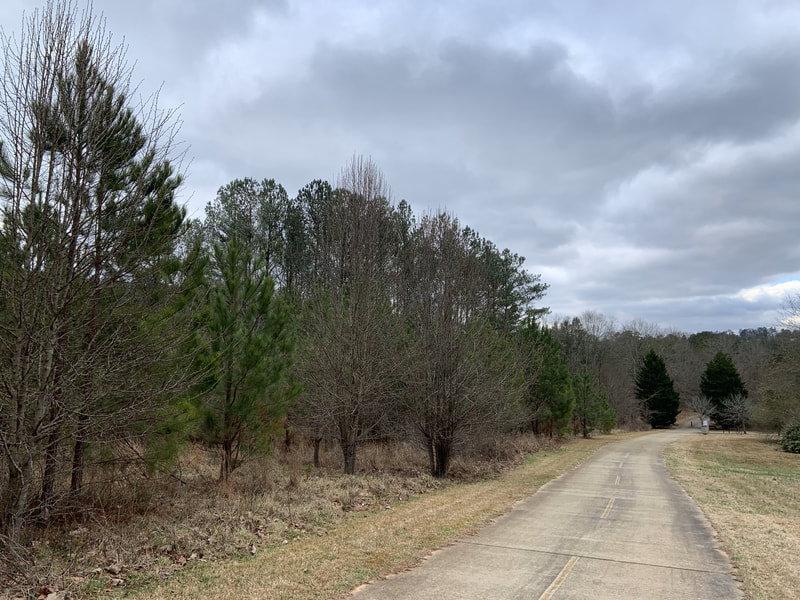
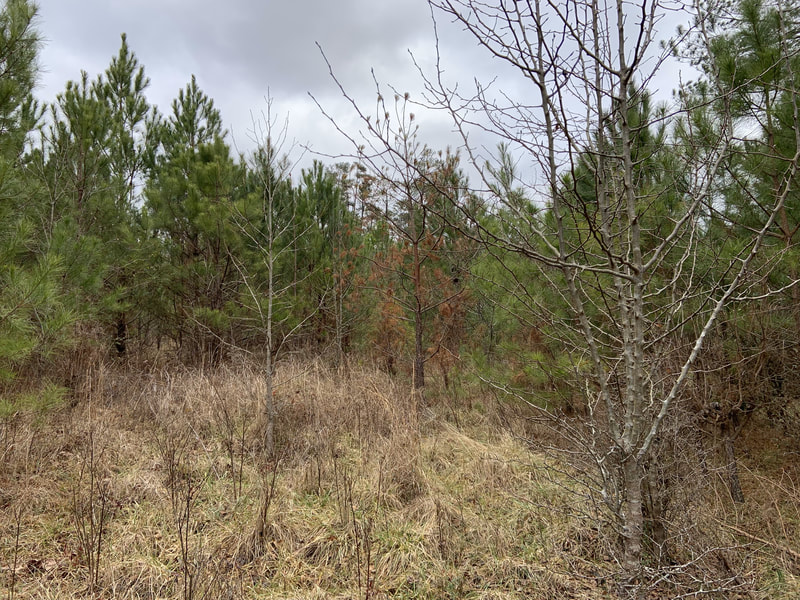
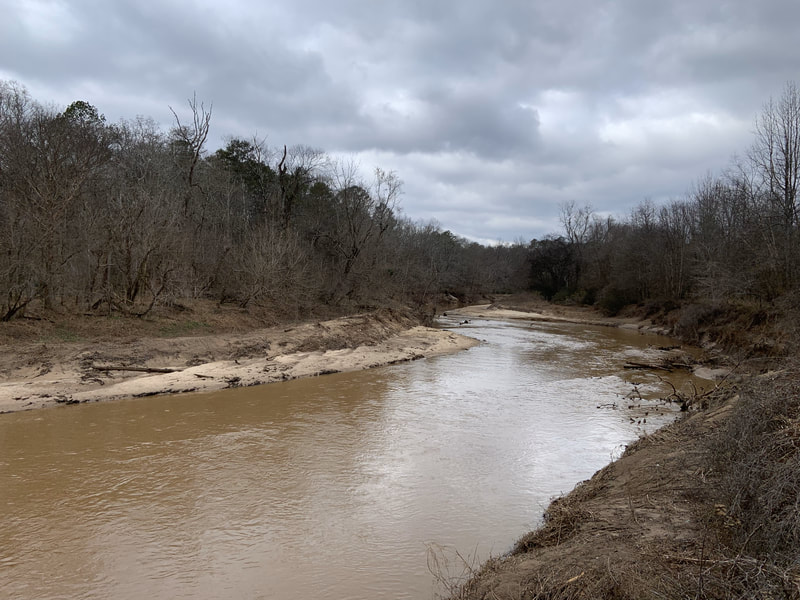
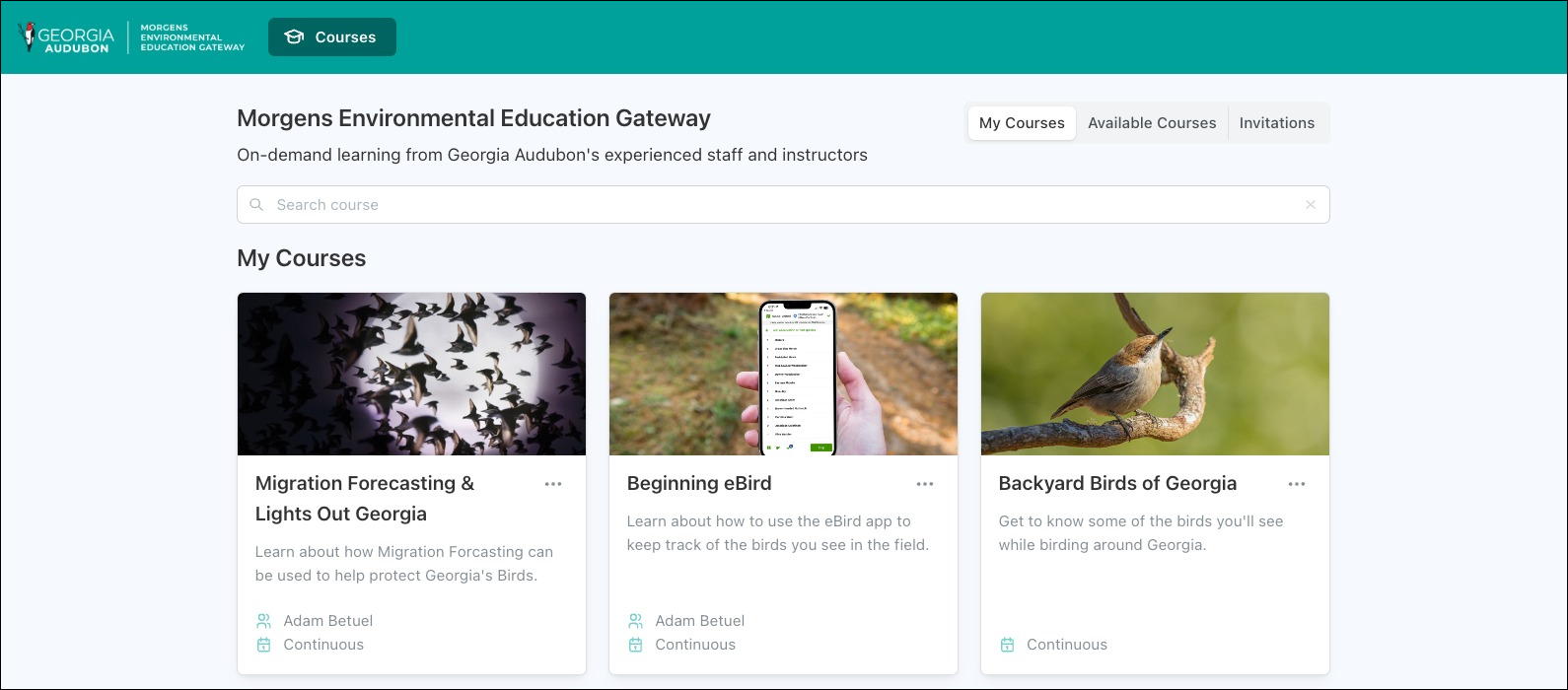
 RSS Feed
RSS Feed
